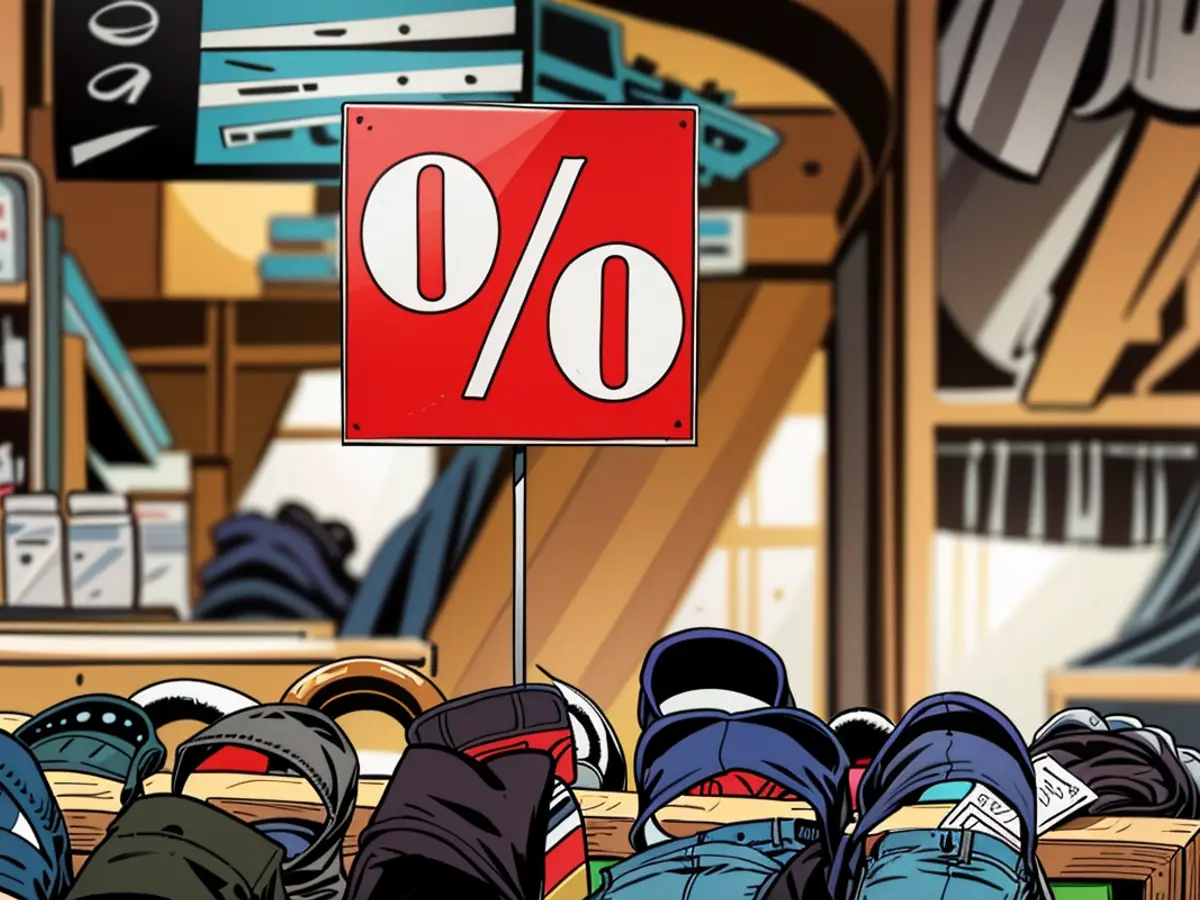- Temu and Shein are aiming to create an impact in the German footwear marketplace.
Shoe merchants and producers in Germany are dealing with heightened competition from Asian online retailers. "Temu and Shein are swamping Germany with inexpensive footwear, often of inferior quality with potential health risks," stated Rolf Pangels, head of the German Textile, Shoe, and Leather Association (BTE), at the "Shoes" trade expo in Düsseldorf.
The association calls for stringent regulation and fair competition. If the actions of such platforms aren't checked, Pangels warned, there will be an escalation of shoe store bankruptcies.
In the first half of the year, numerous shoe outlets in Germany shuttered once more. As per BTE data, the number of stores has decreased by approximately 800, bringing the total to around 8750 since the year's start. This includes the closure of Reno and Goertz branches, which went under last year. The number of stationary footwear specialists has also continued to dwindle. According to the association, stores are closing due to bankruptcies as well as the lack of successors.
One out of every six shoe dealers views their business situation as positive.
During the first half of the year, despite price hikes, traders earned 2% less revenue than during the same period in the preceding year. After accounting for prices, the loss would likely be more substantial. Pangels attributed the reasons for this to the damp consumer sentiment and the unfavorable weather in May and June. After a promising start to the year, businesses experienced a "painful double-digit drop in revenue" in those months.
Traders also view rising costs in procurement, labor, and energy as a significant hurdle, along with a decline in the allure of city centers. Looking ahead, the prognosis is bleak: More than half of the traders anticipate reduced revenue compared to 2023, while only 30% expect a rise, according to the association's survey. 41% rate their business situation as poor, while just 16% see it as good.
The German footwear industry likewise saw reduced earnings in the first half of the year. Revenue declined by almost 1.2% to 1.15 billion euros, with exports even dipping by 11%. Manfred Junkert, CEO of the German Shoe and Leather Industry Federation (HDS/L), said: "Despite politics having yet to improve economic conditions, the anticipated spring recovery didn't happen." Junkert also advocates for a stricter approach to platforms like Temu and Shein. "They should not be shielded from monitoring compliance with sustainability standards," he criticized.**
The online retailers Shein and Temu enjoy popularity in Germany. According to an estimate by the BTE, consumers purchased around one billion fashion items and footwear from providers like Shein and Temu in 2023. KIK CEO Patrick Zahn recently accused the portals of selling "toxic and child labor-made goods." The companies refuted the accusations and pointed to rigorous controls and safety standards they demand from their suppliers. Shein stated that it had resolved two instances of child labor in its own supply chain in 2023. It upholds "a zero-tolerance policy towards child labor," it said.
Consumers continue to favor online retailers like Shein and Temu, leading to increased competition for local shoe merchants. If the situation persists, the German Textile, Shoe, and Leather Association (BTE) fears a surge in shoe store closures, as evidenced by the 800 stores that shuttered in the first half of the year.








